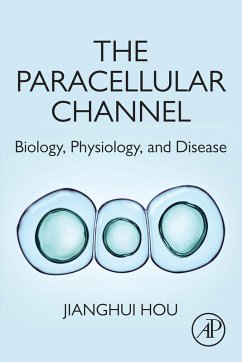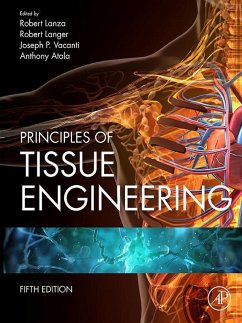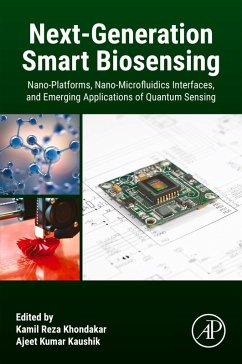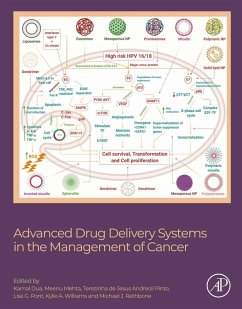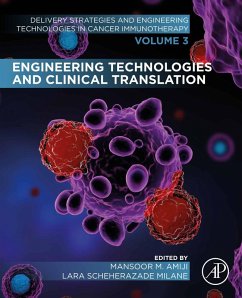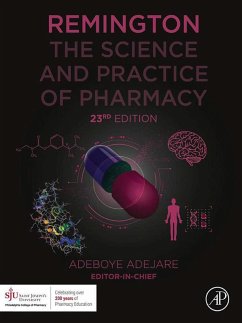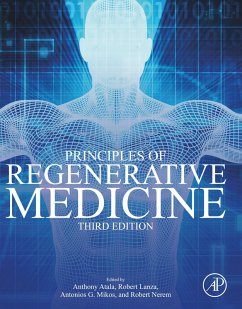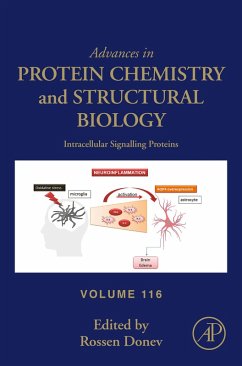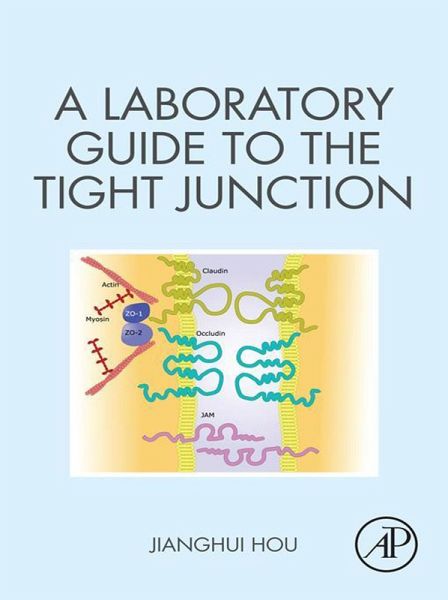
A Laboratory Guide to the Tight Junction (eBook, ePUB)
Versandkostenfrei!
Sofort per Download lieferbar
95,95 €
inkl. MwSt.
Weitere Ausgaben:

PAYBACK Punkte
48 °P sammeln!
A Laboratory Guide to the Tight Junction offers broad coverage of the unique methods required to investigate its characteristics. The methods are described in detail, including its biochemical and biophysical principles, step-by-step process, data analysis, troubleshooting, and optimization. The coverage includes various cell, tissue, and animal models. Chapter 1 provides the foundations of cell biology of tight junction. Chapter 2 covers the Biochemical approaches for paracellular channels and is followed by chapter 3 providing the Biophysical approaches. Chapter 4 describes and discusses His...
A Laboratory Guide to the Tight Junction offers broad coverage of the unique methods required to investigate its characteristics. The methods are described in detail, including its biochemical and biophysical principles, step-by-step process, data analysis, troubleshooting, and optimization. The coverage includes various cell, tissue, and animal models. Chapter 1 provides the foundations of cell biology of tight junction. Chapter 2 covers the Biochemical approaches for paracellular channels and is followed by chapter 3 providing the Biophysical approaches. Chapter 4 describes and discusses Histological approaches for tissue fixation and preparation. Chapter 5 discusses Light microscopy, while chapter 6 presents Electron microscopic approaches. Chapter 7 covers Transgenic manipulation in cell cultures, including DNA and siRNA, Mutagenesis, and viral infection. Chapter 8 covers transgenic manipulation in mice, including: Knockout, Knockin, siRNA knockdown, GFP/LacZ reporter, and overexpression. The final chapter discusses the future developments of new approaches for tight junction research. Researchers and advanced students in bioscience working on topics of cell junction, ion channel and membrane protein will benefit from the described methods. Clinicians and pathologists interested in tissue barrier diseases will also benefit from the biochemical and biophysical characterization of tight junctions in organ systems, and their connection to human diseases. - Provides consistent and detailed research methods - Covers various cell, tissue and animal models - Includes step-by-step guidance from beginner to sophisticated levels
Dieser Download kann aus rechtlichen Gründen nur mit Rechnungsadresse in A, B, BG, CY, CZ, D, DK, EW, E, FIN, F, GR, HR, H, IRL, I, LT, L, LR, M, NL, PL, P, R, S, SLO, SK ausgeliefert werden.




